As in many other areas of German viticulture, the VDP is regarded as a pioneer and a driving force when it comes to sustainability. In fact, 50 of the 197 VDP wineries are already ecologically certified, i.e. more than 25%. By comparison, the figure for Germany as a whole is currently 4-5 %. But even without an eco-certificate, our VDP.Winegrowers do a great deal to practice viticulture in harmony with nature, true to the VDP's quality philosophy.
700 years of sustainability
Bürgerspital, Würzburg. A foundation with over 700 years of history, high social commitment and a great winegrowing tradition. "Of course, all this commits us," says Winery Director Robert Haller. So the vineyards - a unique vineyard portfolio covering 120 hectares - are handled very carefully and sustainably. Because they are not only the basis for outstanding wines, but they also serve the profitability and thus the preservation of the foundation.
The Bürgerspital is EcoStep certified - a certification developed especially for wineries in cooperation with the Geisenheim University of Applied Sciences. "This ensures that we meet 70% of the ecological sustainability requirements," says Robert Haller. There is also a mission statement. "We preserve, promote and develop the cultivated wine landscape that has been entrusted to us for generations. And consistency always takes precedence over short-livedness," they say. And: "We feel responsible for an environmentally friendly, resource-conserving and sustainable way of working in harmony with nature". These are not just fine words. The mission statement is translated into action on a daily basis, for which the company director himself is responsible, because he takes it "dead serious".
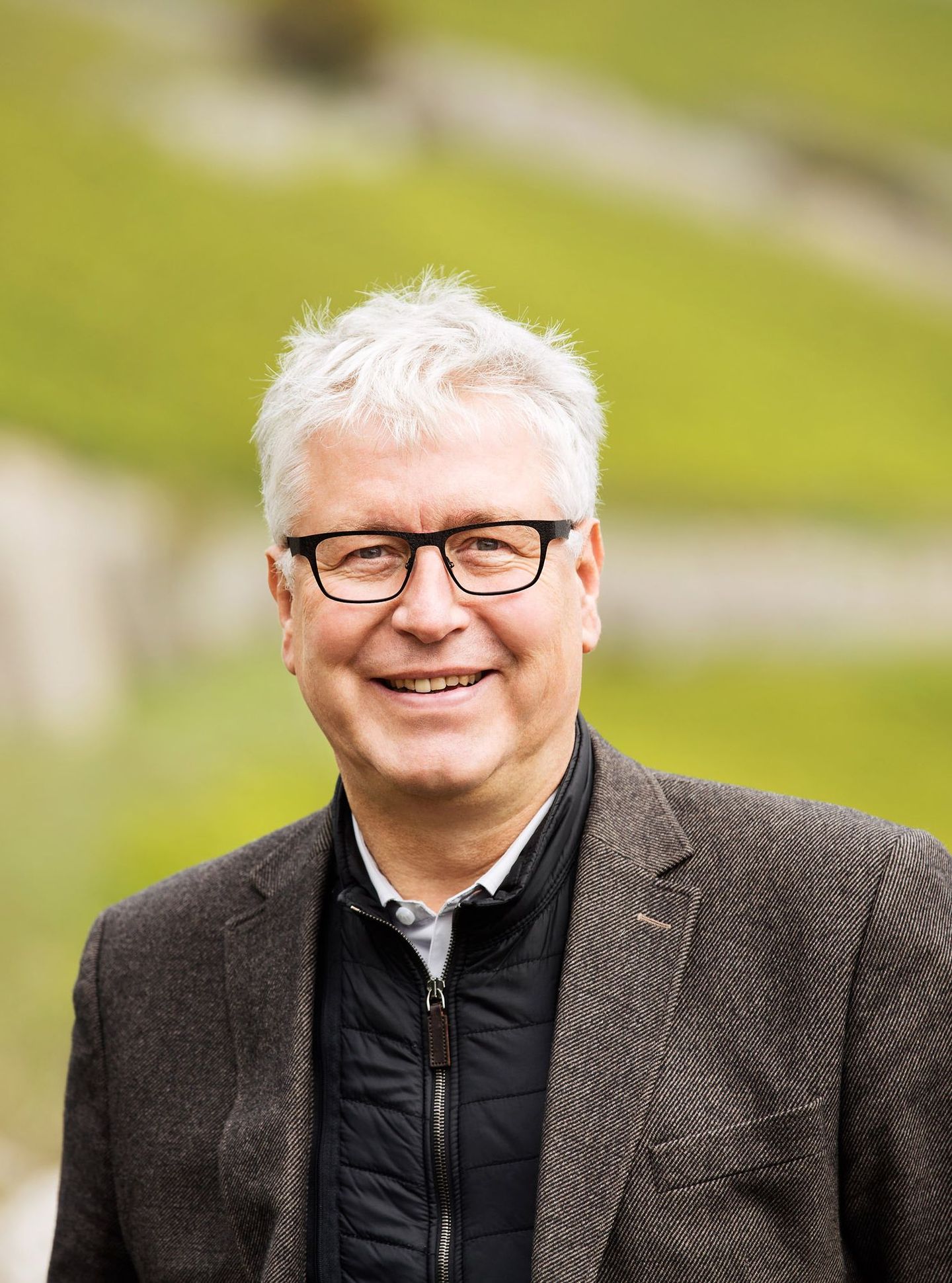
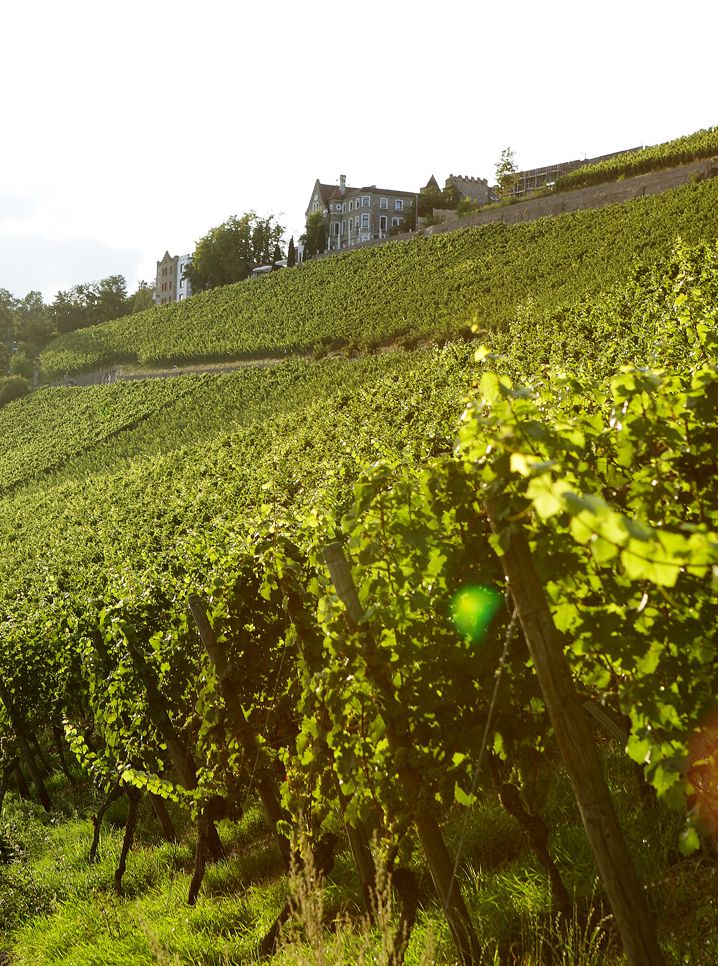
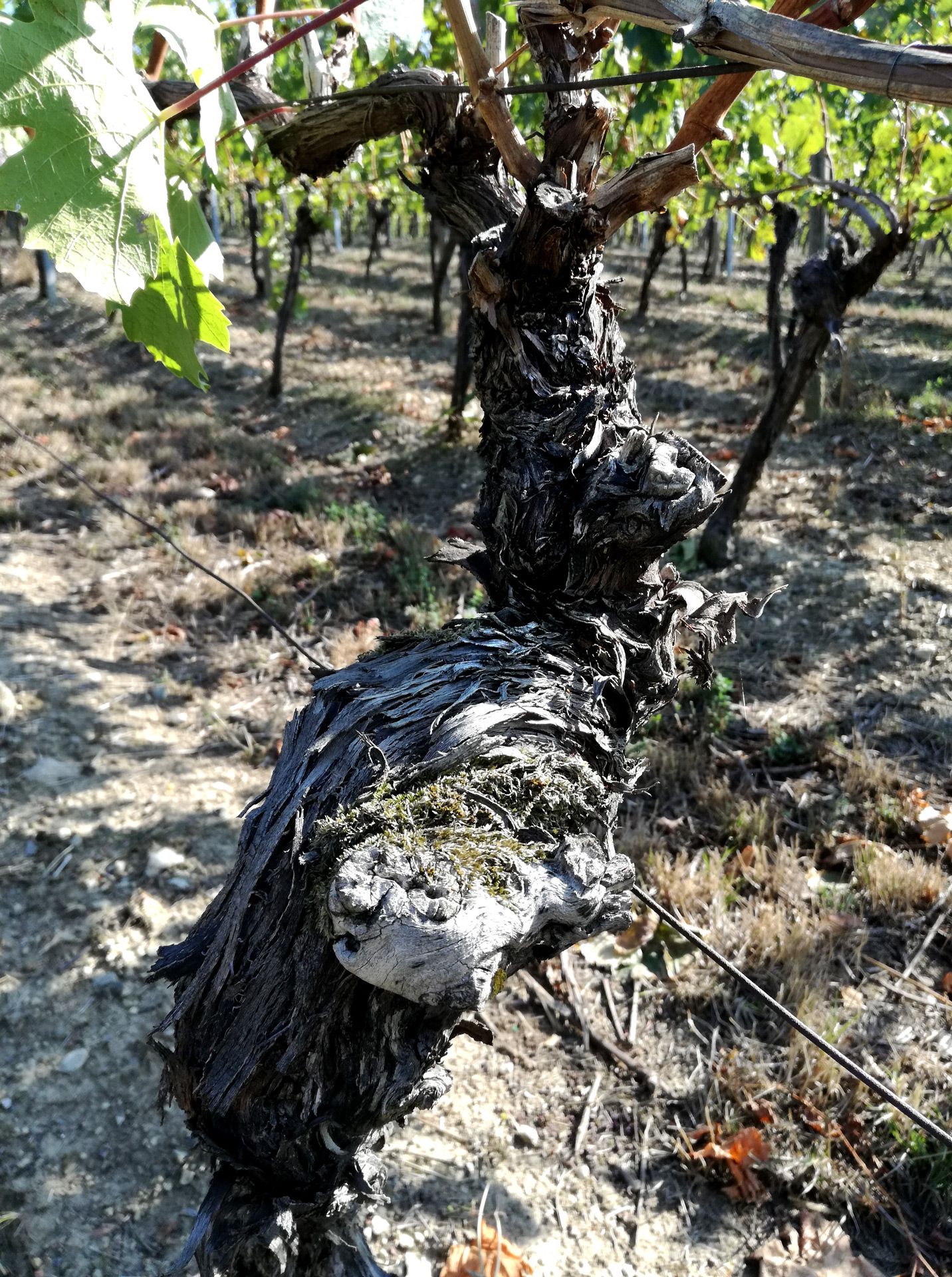
What works, is right
"From this attitude," says Robert Haller, "we have also had projects in which we have managed individual areas ecologically. Not to convert, but to see: What is happening? What can we take over and what not? Where can we learn? We have had nut trees in our Pfaffenberg for over 50 years that are under nature conservation, that break open our vineyards with a biotope of undergrowth. Or we have now also planted flower strips in newly planted vineyards. These are just a few examples. We have learned that diversity and biodiversity are important points. I am open to everything. What works is right."
More than energy and environment assessments
However, Haller emphasises that in his winery, the theme of sustainability cannot be limited to an energy and ecobalance, even from the foundation's point of view. The Bürgerspital also attaches great importance to a performance-related payment of the employees, who thank the company with great commitment and equally great loyalty - "most of them leave us", says Robert Haller with a smile "only for reasons of age". The Bürgerspital also secures long-term customers for reasons of fairness if the earnings of a year are low. And there are also the senior citizens' residential homes, day care, the outpatient service, a geriatric centre and numerous properties ... These are all facilities that depend on the income of the winery.
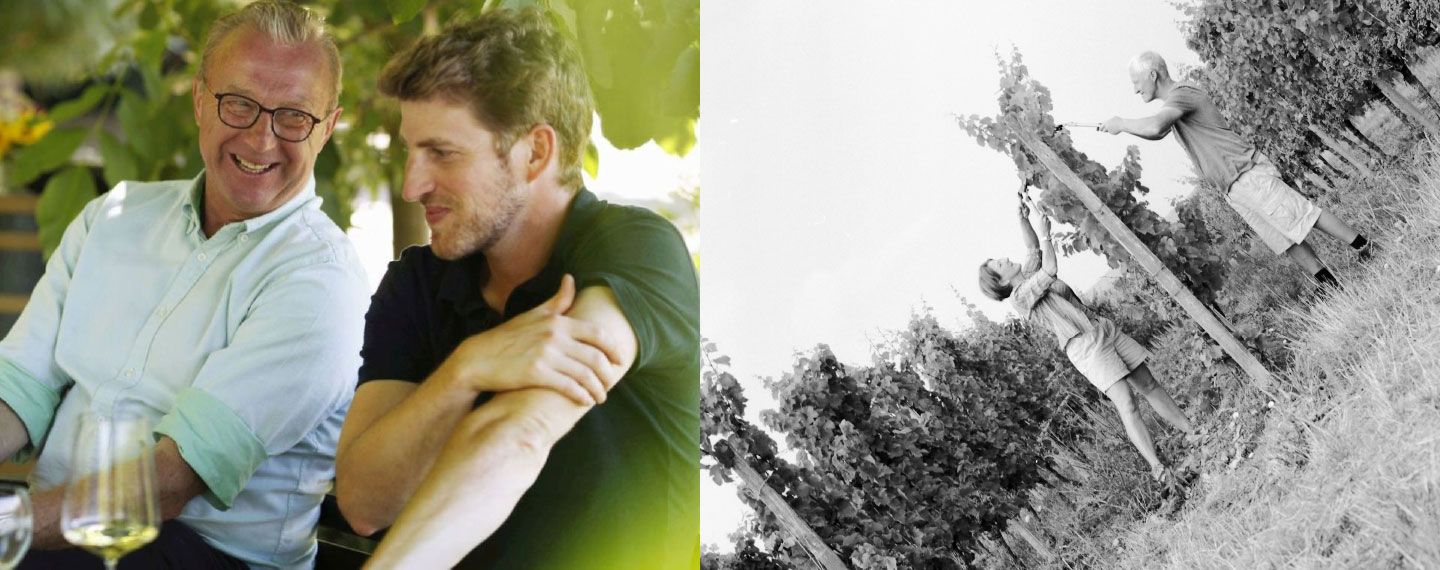
2 Estates – 100 % Ecologically
The Bürgerspital Würzburg fulfils, as we have heard from the estate director, 70% of the ecological sustainability requirements. But what does it look like if you do it 100%? Or even beyond that? To do this, we take a look at two VDP.wineries in the Rheingau: the Peter Jakob Kühn winery in Oestrich-Winkel, known for its deep Riesling wines and for its unique consistency in terms of organic viticulture. And the Kaufmann winery in neighbouring Eltville-Hattenheim, which has only been at the start for a few years and yet is already at the top of the wine press rankings. Both wineries are not only certified according to ecological guidelines, but also work biodynamically.
Two very personal
ways to Biodynamics
The VDP.Estate Peter Jakob Kühn is idyllically situated in the middle of its own vineyards, an Aussiedler farm. In former times it was in the centre of the village, limited, one just made wine, as the conditions allowed it. Bernhard Kühn tells that his parents really came to the subject of ecology when his sisters and he were born, at the end of the 1970s until the middle of the 1980s. One wonders in principle what is good - for the children, for oneself, for nature. Ecology was beyond that at all a topic, which so very slowly moved into the public consciousness. The ecological idea has become firmly established in society and mainstream. At least intellectually, but by no means always in action. This year, Eva Raps and Urban Kaufmann are fulfilling a dream in Oestrich Winkel: with the takeover of the Hans Lang winery. This had already worked ecologically for several years. As lateral entrants - Urban Kaufmann as manager of one of the best Appenzell cheese dairies, Eva Raps as long-standing managing director of the VDP - they would never have dared to convert a conventional business to organic. Urban Kaufmann says: "Even seasoned winegrowers have paid a lot of dear money for the conversion. This is a huge change for the vineyard. And a real challenge for winegrowers." Eva Raps puts it in concrete terms: "It's like when you've been taking antibiotics for years and are now switching to other methods - you can't just hop on and go, it takes a lot of time and experience".

Without wanting to get lost in the thicket of EU and association regulations, one can simply say: ecologically certified are wineries that in principle do without synthetically produced herbicides, pesticides and artificial fertilizers. Instead, the main focus is on the vineyard as a self-regulating ecosystem, preventive measures and organic sprays such as copper sulphate. Biodynamics goes one step further and follows the thought of Rudolf Steiner, who, following Goethe's observations of nature, among other things, had a holistic, spiritual view of nature and derived rules from it - also for viticulture.
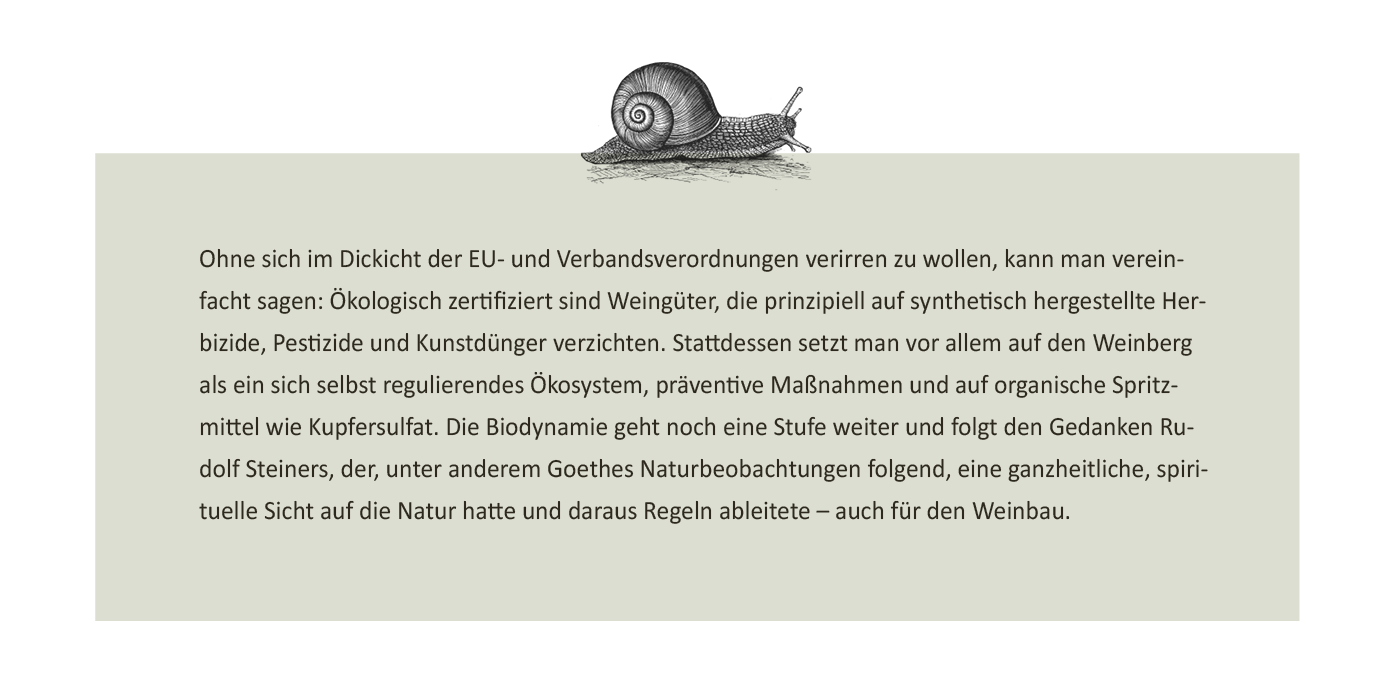
No one will be a biological winemaker overnight
In general one counts today 3 years, until from a conventional to an ecological wine enterprise becomes. At Kühns in Oestrich-Winkel this took place over a considerably longer period of time. "The first step was that my parents stopped using herbicides. If you use these, you not only destroy the weeds, but also all the mycorrhizal fungi - i.e. the small fungal sequels of the roots, the plants. They are central for the absorption of nutrients from the soil, which must be protected. We need plants that can develop balanced growth over several years. They feed the soil through photosynthesis and living together with these fungi and also build up and form it. Because: No soil without plants! These were the first steps until the mid-90s." And then? "In 2004 it was so far that all vineyards could be cultivated ecologically and in the same step also bio-dynamically and Demeter certified.
Biodynamics: The Spirit
makes the difference
What is the difference between ecological and biodynamic? Bernhard Kühn: "These are ultimately nuances. I would say: organic is the basis of sustainable agriculture. Biodynamics also requires a little more sensitivity when it comes to observing natural laws. For example, the phases of the sun and moon, which have significance throughout our lives, but which we only perceive subconsciously. We don't pay any attention to these things anymore, we simply forgot them. We all know that there is chemistry, physics, observing everything in models and in the smallest things - but natural rhythms are also laws of nature, only that we have somehow repressed them. I always say that a lot depends on one's own observation. That as a farmer, as a gardener you look back. What actually grows on my meadow? How does the plant behave if I sow it now or at another time etc.? In other words, a very basic, fine sense of craftsmanship for dealing with plants."
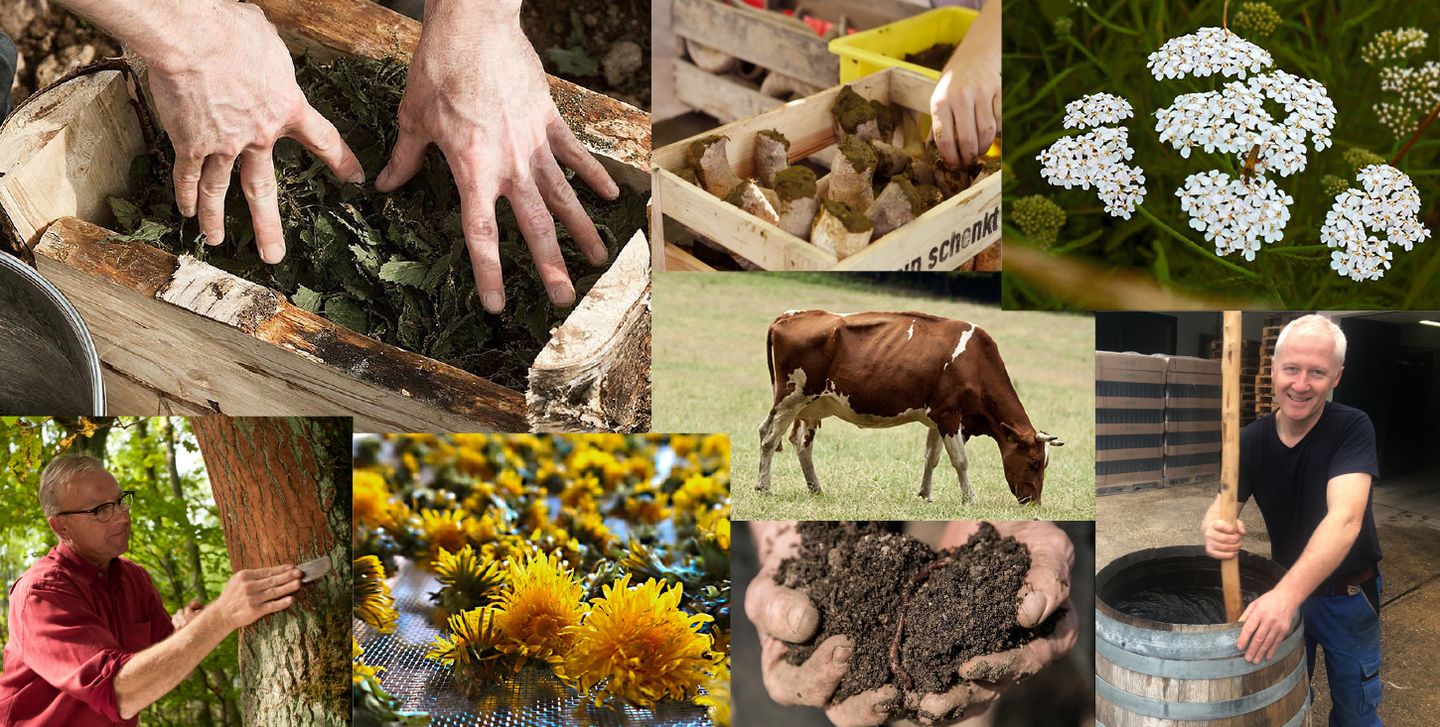
The preparations and their secrets
The use of herbal preparations that are sprayed to protect or strengthen the vines is also indispensable for biodynamics. For example stinging nettle or valerian. Urban Kaufmann: "Let's take the example of valerian. This also works for humans - it calms and warms, e.g., colds. Frost was the order of the day in spring 2017. Valerian stimulates the heat balance in the vine, so we sprayed Valerian on the vines. In fact, we had almost no damage. Ob´s on the valerian? It's like homeopathy, which also goes back to Rudolf Steiner. man´s can't (yet) prove it scientifically - but it works. And in any case we had a good conscience to have done something ;). "As you can see from this anecdote alone, biodynamic preparations are an exciting topic. If you want to read more about them, we recommend Eva Raps’ Blog on the winery's website. There you will find many descriptive descriptions from the practice - and partly astonishing insights.
Can you taste organic?
Let us come to the final question: Do organic wines taste different? From a theoretical point of view, the answer should be "yes". Because the more natural the soil, the more individual it is and the more independent and characterful the wine growing on it should be. However, we have already seen at the Bürgerspital that the peculiarities of the soil are cultivated and elaborated here - and that the wines taste accordingly different and strong in character. Because there is also the work in the cellar. Bernard Kühn: "Let me put it this way: working biodynamically in the vineyard doesn't mean that the wines have a different vitality in the bottle. You can still do a lot within the framework of organic viticulture - even destroy it." However, Bernhard Kühn adds: "Anyone who is convinced of the whole thing inside would naturally like the wines to have a radiance that makes the living nature taste good. As a result, wines from organic or biodynamic farms taste different. Because the winegrowers make other decisions, less interventions in the cellar, less fining agents, if necessary no yeasts to add, but on the vineyard and cellar yeasts build that the sulfur gifts are somewhat smaller and so on. But these are all personal decisions - not binding and prescribed things."
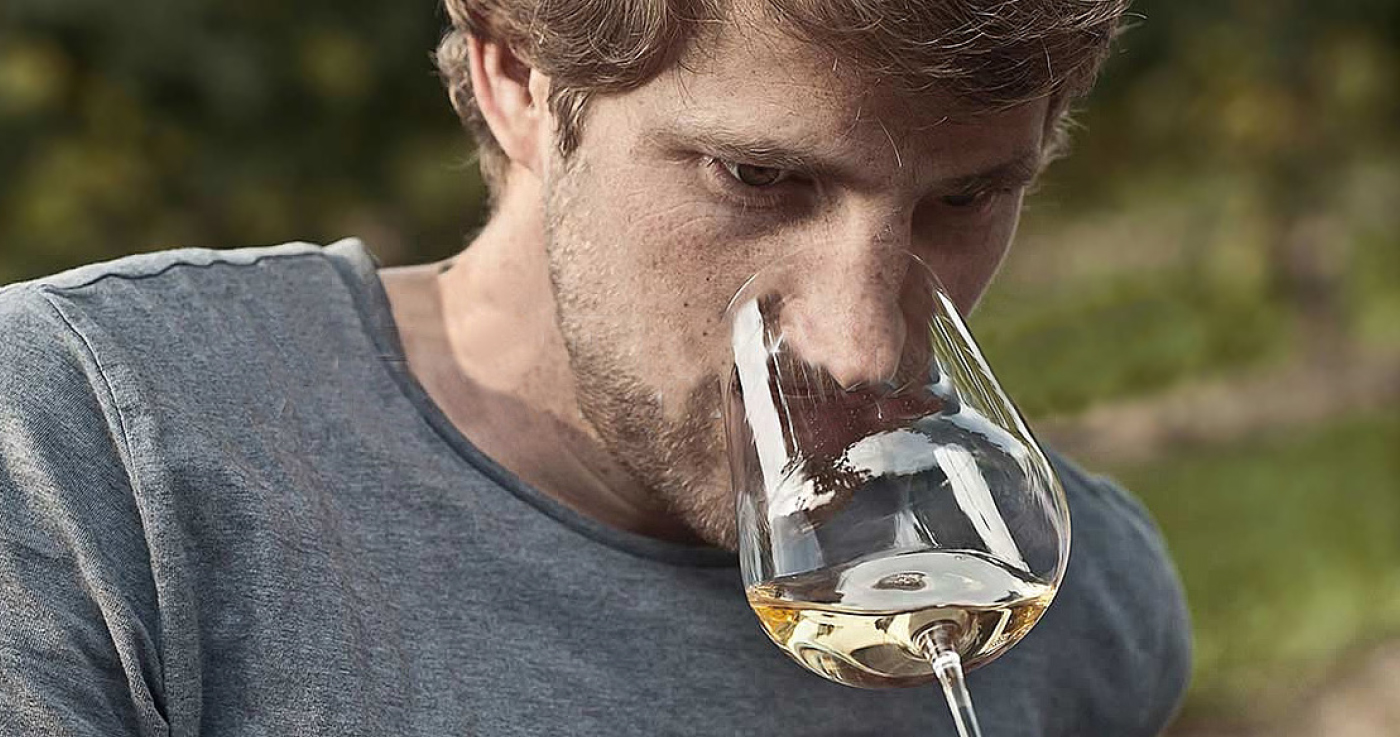

As you can see from our three VDP wineries: Despite all differences, VDP.Winegrowers have the unconditional will to work out the origin of their wines together and thus make the best wines, not only in Germany. It goes without saying for every VDP.Winegrower that this is only possible with and not against nature.
Thanks to Eva Raps and Urban Kaufmann, Robert Haller and Bernhard Kühn for informative and inspiring conversations.
If you would like to delve further into the subject, we recommend two books in addition to the publications and websites of associations such as Ecovin or Demeter: Britt and Per Karlsson: Biodynamic Organic and Natural Winemaking, Stockholm 2012; 3rd edition 2018, ISBN 978-178250-113-8 Nicolas Joly, Beseelter Wein, Hallwag Verlag 2000. ISBN-10: 3774251681/ISBN-13: 978-3774251687. Unfortunately out of print, still partly available antiquarian.
©2019
Pictures: Andreas Durst, Weingut Bürgerspital, Spitzbarth und Partners
Illustration: Erica Guilane-Nachez, Adobe

